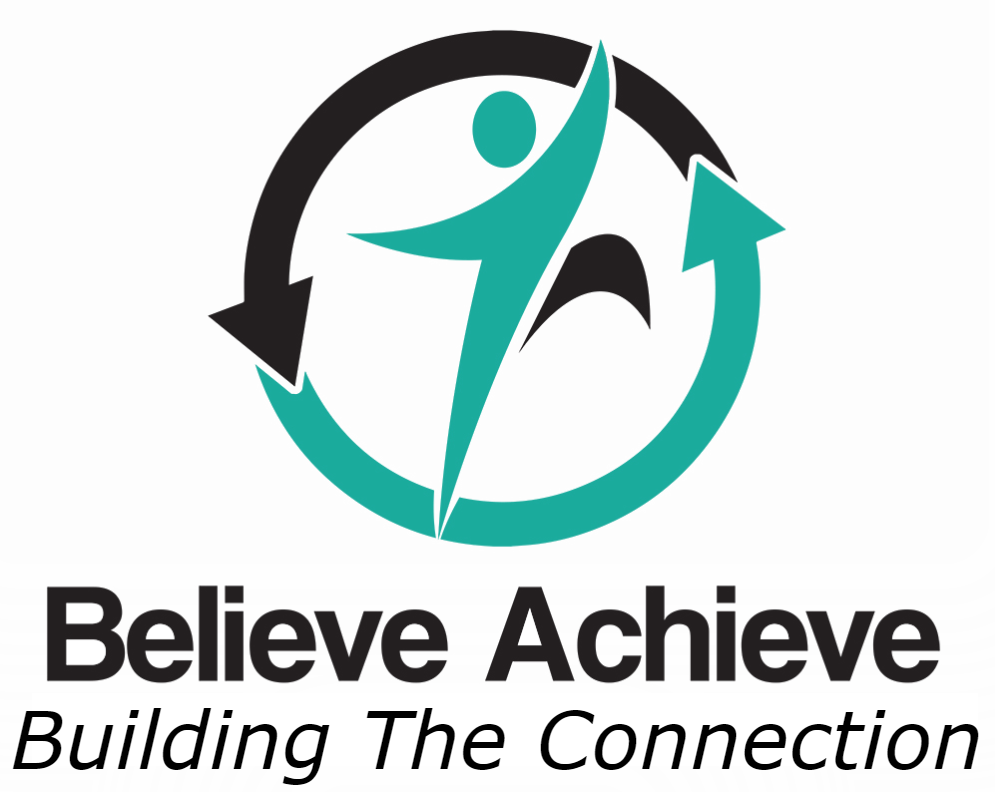How often do you wish you had more time! Do you get frustrated because you seem to have wasted your day on something other than what you had planned to do? Are you often lying awake at night feeling anxious about your workload instead of sleeping?
The good news is that there are ways to be more effective with the hours in your day. The bad news is that these take persistence, courage and discipline, three things that our busy lives seems to have rendered ineffectual.
As a coach I could recommend that you do things like block out time in your calendar, learn to use outlook more effectively, say “no” to extra work, or only respond to emails etc at set times. These are very easy for you to do and yes they will save you a lot of time in your day. However effective time management isn’t about tips, tools or techniques. Effective time management is about your behaviour, attitude, and habit. In order for you to manage your time better you need to understand why you think and act the way you do and work on ways to improve.
For example I know of a manager who is overwhelmed by the amount of work on his plate. This manager is highly competent and well respected by his peers and clients. The problem is that he cannot say no. He says that there are two reasons for this. Firstly, he knows the costs of the clients’ production downtime and he feels responsible for those costs (as a result he is available to them 24/7). Secondly, he believes that there is no one else in the organisation who can help the clients. As a result the manager spends most of his time solving problems for the clients rather then on the strategic tasks he wants to do. His family life is suffering and so is his health.
The reality is that no time management tool is going to help this manager.
Nothing changes unless you change
This manager needs to regain control over his work and develop a different perspective on his responsibilities. A strategy to do this might involve the following.
- Clearly defining what his role is, the roles of his team members that of the client, and the role of his manager.
- Changing his perspective on the client that doesn’t diminish his credibility and maintains his desire to be respected by them.
- Gain an understanding into how his thinking is supporting his ineffective beliefs and habits and finally,
- He needs to commit to, and work to complete, a plan of action to change the current state of his workload
Accepting “our lot in life” is a common old saying. It is also an apt saying in today’s business world. We know that to do anything different, or try to improve something is going to be hard. Often we look at what we have on our plate and feel that we just don’t have the time to do it. The result is that we accept the way things are, and try to deal with it as effectively as we can, because we simply feel we don’t have the time to do anything else. This is where we lose our discipline and our persistence to make a lasting and significant positive change. Developing good time management is yet another casualty of our complex and busy lives.
So the next time you find yourself complaining about never having enough time to do what you need to do, you need to stop. Reflect on what impact your current state of busyness is having on you. Consider what the impact will be in 6-12 months time If nothing changes? Are you ok with this? Ask yourself what is it you are prepared to change?
If you find yourself at a point where you have to change and want to take action I suggest the following. Firstly find some solid support such as your boss, mentor or a professional coach to work because you will find it difficult to do this alone. Next set yourself a clear goal regarding how you want to see yourself working in 6 months time. Think about what it will feel like to reach this goal. Break your goal into small actions and milestones and start working on them. Remember habits are hard to change and you will need the discipline and persistence to make the changes. The rewards of greater work satisfaction and motivation will be worth it.

